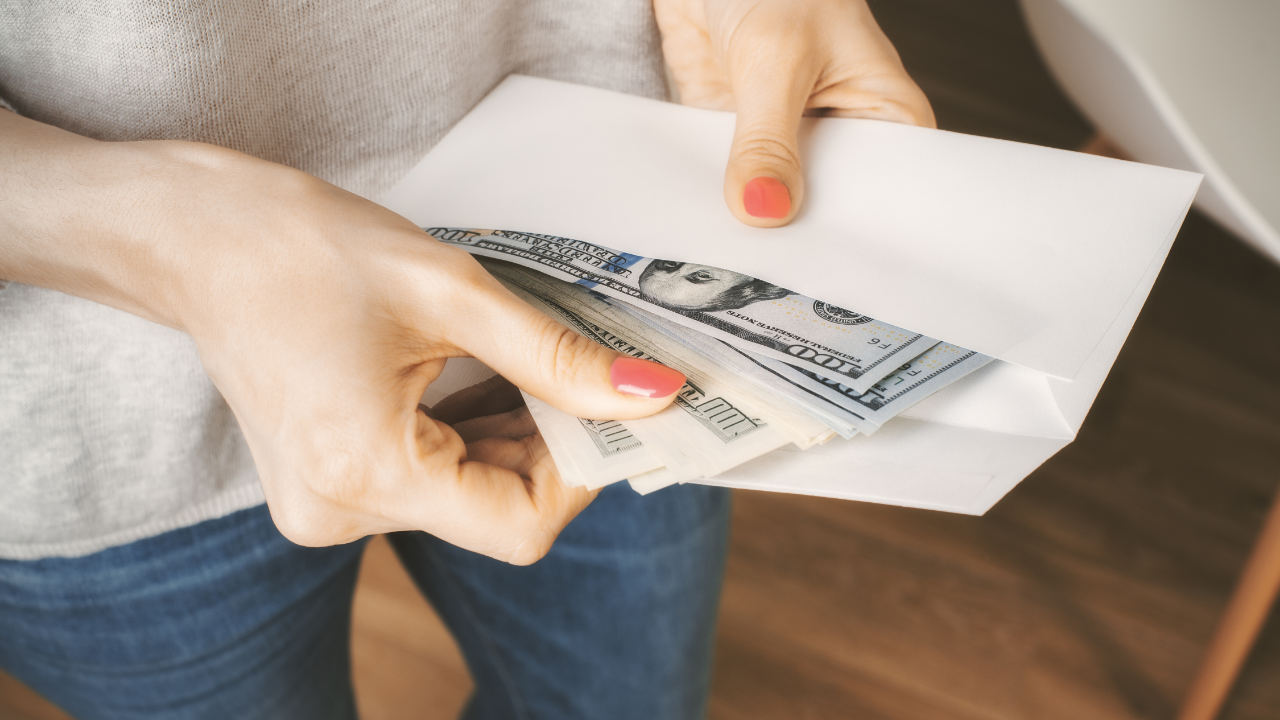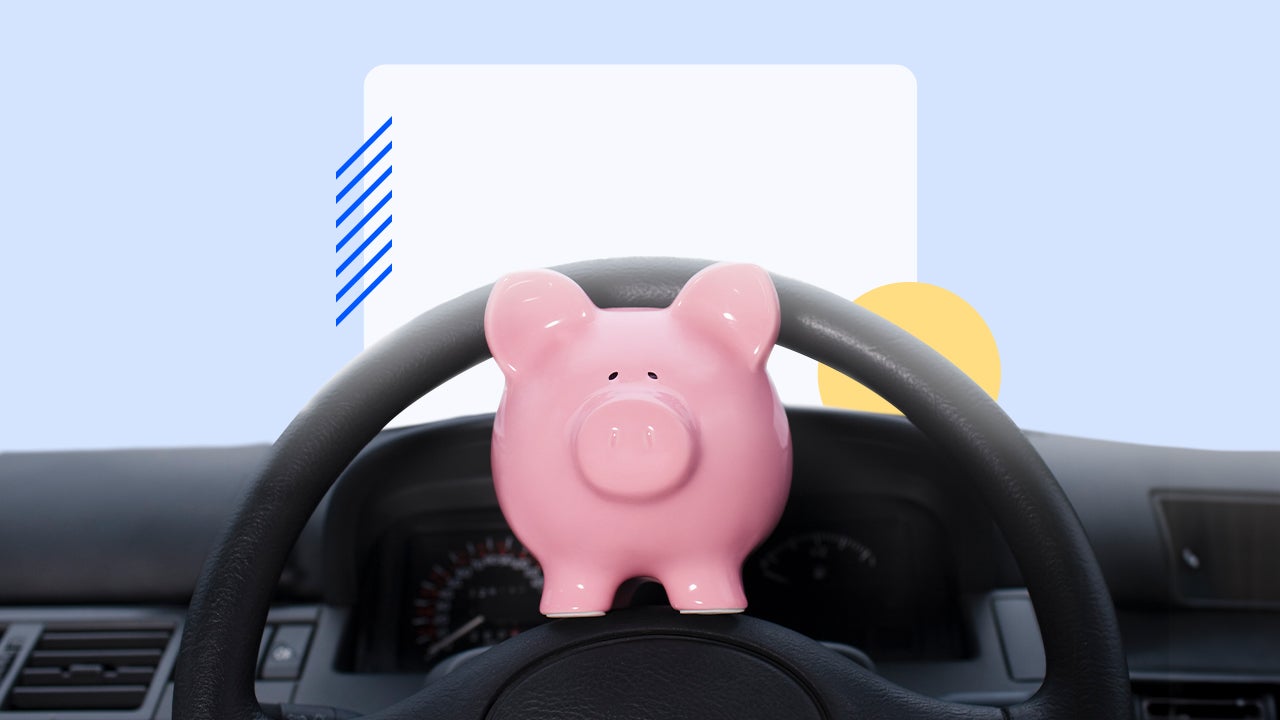How to save for a down payment




Key takeaways
- There are many strategies to save for a down payment, including maximizing your savings, reducing everyday expenses and applying for down payment assistance.
- You don’t have to save 20 percent for a down payment on a home. Conventional mortgages require just 3 percent down, and FHA loans require only 3.5 percent down.
- More than half (52 percent) of aspiring homeowners cite the down payment and closing costs as a “very significant” obstacle to homeownership, according to a Bankrate survey.
More than half (52 percent) of aspiring homeowners cite the down payment and closing costs as a “very significant” obstacle to homeownership, according to Bankrate’s 2025 Home Affordability Report.
Here are our top ways to save for a down payment, advice on how much to put down and a rundown of other costs to consider.
How much do you need for a down payment?
Most mortgage down payment requirements are far lower than the oft-heard 20 percent. Here’s how the different loan types compare:
| Loan type | Minimum down payment | Minimum credit score | Mortgage insurance |
| Conventional loan | 3% | 620 | Private mortgage insurance with a down payment of less than 20% |
| FHA loans | 3.5% for credit scores 580 and up/10% for credit scores 500-579 | 580/500 | FHA mortgage insurance with a down payment of less than 20% |
| VA loan | None | Varies by lender, but generally 620 | None |
| USDA loan | None | Varies by lender, but generally 640 | None |
| Jumbo loan | 10%-20% | Varies by lender, but often 700 | Varies by lender |
Of course, your minimum down payment is just one piece of the puzzle. The cost of the home you buy will also be a major factor in your down payment.
While the median home price in the U.S. was a record-setting $435,300 in June, according to the National Association of Realtors (NAR), the home price you can expect to find varies by region and even metro area. For example, the median home price in the West in June was $636,100, but the median in the Midwest was $337,600, and the median home price in Detroit was $293,900.
Once you’ve decided how much home you can afford, you can start deciding how much to put down on your house and making a savings plan for your down payment.
The median down payment for all homebuyers is 18 percent, according to the National Association of Realtors. First-time homebuyers make a median down payment of 9 percent.
How to save for a down payment: 8 ways
There are several ways to save for a house:
1. Park the savings in a high-yield account
While you might be worried about mortgage rates that are much higher than they were in recent years, the current interest rate environment is great news for your savings. Select banks and credit unions are paying upwards of 4 percent APY on deposits. If your money is currently stashed in an account that pays minimal interest, think about moving it to a:
- High-yield savings account: High-yield savings accounts offer significantly higher earning potential than standard savings accounts. Some currently pay between 4 and 5 percent, as opposed to 0.01 percent at some big-name banks.
- Money market account: Money market accounts are a cross between a checking and savings account that may offer higher rates than standard savings accounts.
- Certificate of deposit (CD): CDs are fixed-rate savings products with fixed terms. You make a deposit and earn a set return until the maturity date arrives. But before signing up for a CD, keep your homebuying timeline in mind. If you’re planning to buy in the next year, and you put your savings in an 18-month CD, you’ll likely pay a penalty for withdrawing the money early. On the other hand, if you have a few years before you plan to buy, consider doing a CD ladder to account for changing interest rates and avoid being tied into a single, long-term CD.
2. Automate your savings
With this approach, you’ll set up automated deposits of a portion of your income into an account for your down payment. For employees with a regular paycheck, you can ask your employer to split your direct deposits between your down payment and other accounts. For freelancers, contractors or business owners, you can schedule a regular, automatic transfer to your down payment account.
3. Explore additional sources of income
If you have the spare time and energy, another income source or a side hustle can help you save for a down payment. You might even be able to turn a hobby into a money-making proposition.
4. Look for down payment assistance programs
Down payment assistance could be an option if you’re struggling to save, especially if you’re a first-time buyer. This assistance can come in various forms, from deferred or forgivable loans to grants. Each program has different eligibility requirements, usually based on income and location. Start your search with your area’s local or state housing authority.
5. Reduce your expenses
If you’re saving for a house, cutting back on your spending can help. Here’s how:
- Lower discretionary spending. These are expenses like subscription services, entertainment, delivery services or eating out. While you won’t want to cut out this spending entirely, consider ways to spend less.
- Save money on your bills. If possible, negotiate recurring monthly or annual expenses, such as shopping around for a better rate on car insurance or reducing an internet bill.
- Pay down existing debt. A lower debt load will make you a better candidate for a mortgage, and once you’ve eliminated these payments, you can redirect money to your down payment fund.
While not an option for everyone, if you’re able to, moving back into your parents’ house or moving in with a roommate can help you save for a down payment as well. Nearly one-quarter (24 percent) of aspiring homeowners willing to do something to find more affordable housing would take this step, according to our 2025 Home Affordability Report.
6. Request a raise
While each company’s financial situation and performance measures vary, you might be able to get paid more, especially if you’ve made valuable contributions at work recently. Come to the discussion prepared, outlining the work you’ve done and how it impacted the company’s bottom line.
7. Ask for a gift
Many first-time homebuyers have turned to family members for help with a down payment. If a family member or friend is willing to give you some funds for your home, be sure to document this in a gift letter for your lender.
8. Reprioritize your savings goals
Your down payment isn’t the only reason you’re stashing money away. As you think about buying a home, take a holistic look at your finances. If you’re young, and you regularly contribute to a 401(k) or an IRA, consider reducing those contributions temporarily and saving more for your home purchase. Just remember to save enough to qualify for your company match, if you have one — and resume your former contributions once you’ve met your down payment savings goal.
It’s important to keep your down payment savings separate from your emergency fund, which should contain three to six months of living expenses. Unless you have much more in this account than you need, it shouldn’t fund your down payment. Once you buy a home, you’ll need that extra cushion to deal with the routine maintenance and repairs that come with being a homeowner.
How long should you plan to save for a down payment?
How long you should save for a down payment depends on how much money you’re putting down and how much you can set aside each month. Location plays a big role in your savings goal. A 10 percent down payment on a house in San Jose, California, is going to be larger than one for the same house in Jackson, Mississippi.
Timing is another important factor when saving for a house. You might opt to put less money down and pay a higher mortgage rate in exchange for owning a home sooner.
To see how much your down payment will affect your monthly mortgage payment, run the numbers with our mortgage down payment calculator.
Other costs to save for when buying a home
While the down payment is the biggest homebuying expense for most people, there are other costs you need to factor in, including:
- Closing costs: Closing costs might include an origination fee, title insurance fee, appraisal fee and more. These typically cost 2 to 5 percent of your mortgage’s principal amount.
- Mortgage reserves: Depending on your credit or financial situation, your lender might require you to have several months’ worth of mortgage payments in reserves.
- Maintenance and other hidden expenses: The typical single-family home costs more than $18,000 a year in costs like maintenance, repairs, homeowners insurance, property taxes and energy bills, according to Bankrate’s 2024 Hidden Costs of Homeownership Study.
- Moving expenses: Depending on the distance and amount of stuff you’re moving, the costs can add up.
Why we ask for feedback Your feedback helps us improve our content and services. It takes less than a minute to complete.
Your responses are anonymous and will only be used for improving our website.
You may also like

Cash stuffing: How this trendy budgeting method works

How to save cash on dealership car loans


